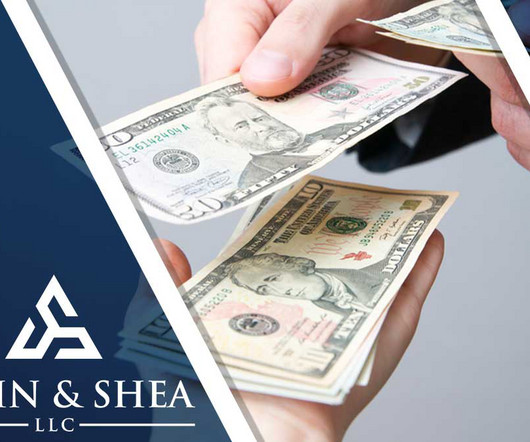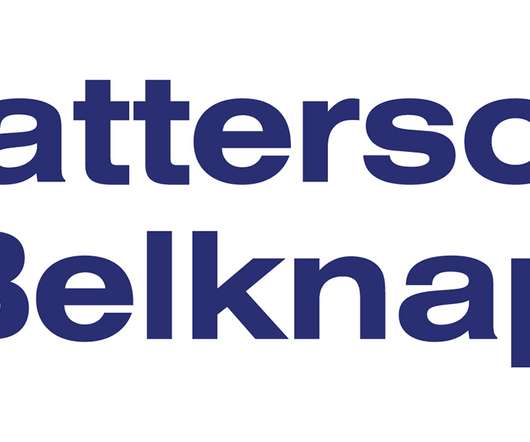What Are Preferential Payments in Bankruptcy?
Sawin & Shea
APRIL 24, 2024
Before someone makes a bankruptcy filing, it is not uncommon for debtors to feel as if they have to make some tough decisions. Which creditors can they pay? This typically occurs because the debtor doesn’t have the money to pay all of their creditors, so they feel they need to rank which ones are more important to pay first.


















Let's personalize your content